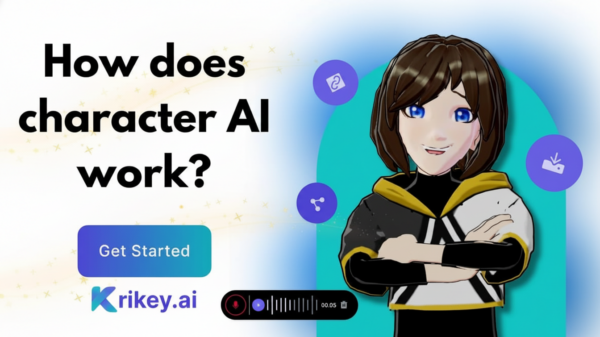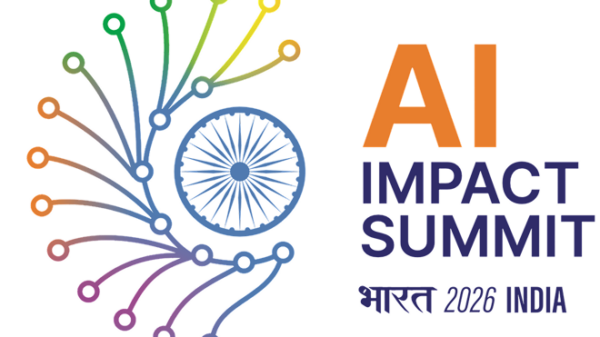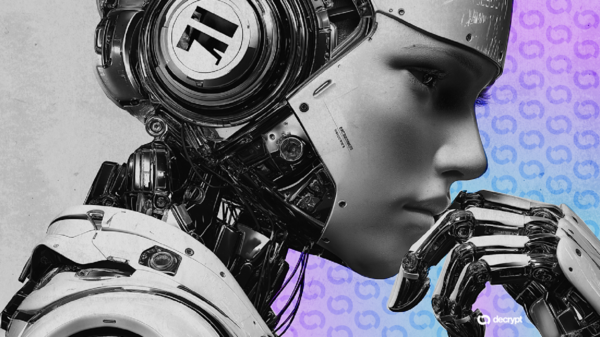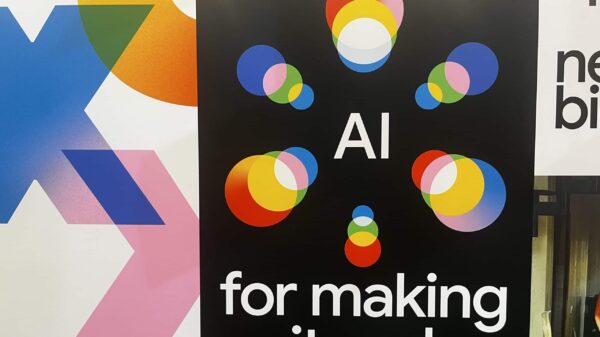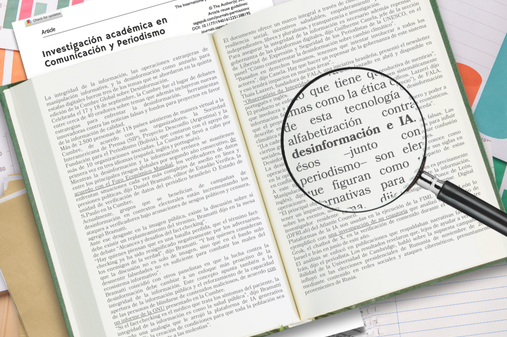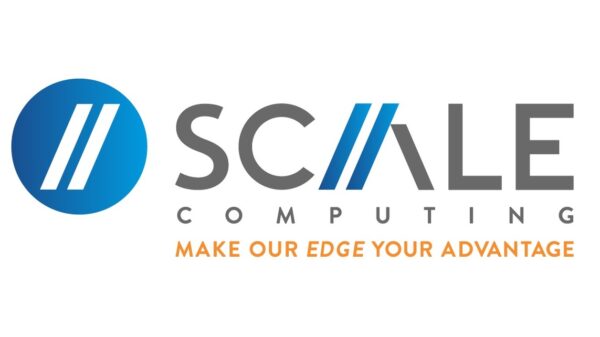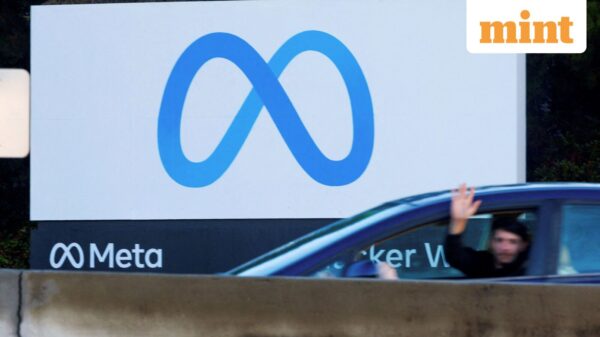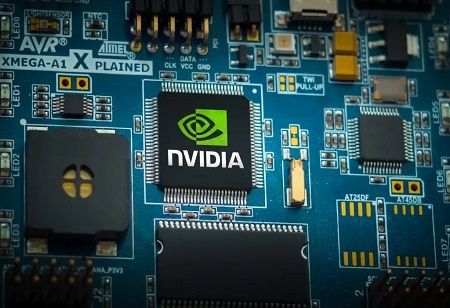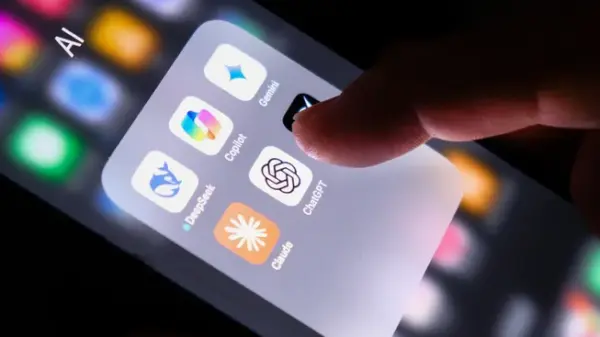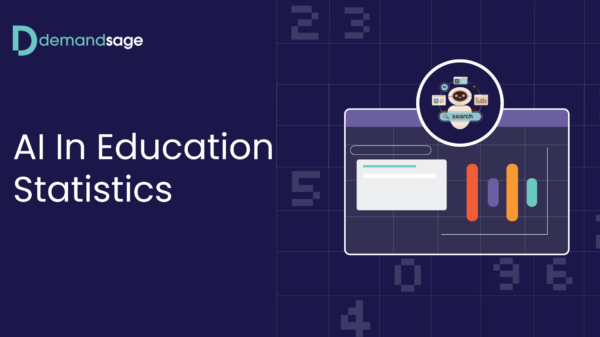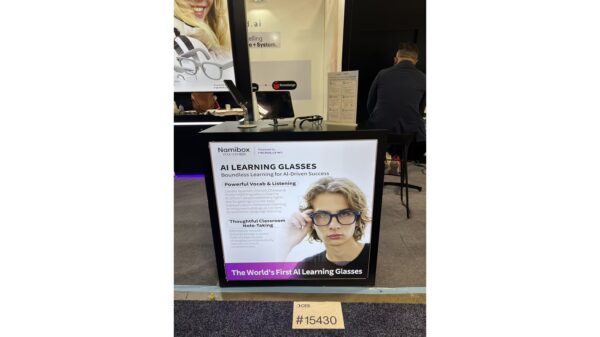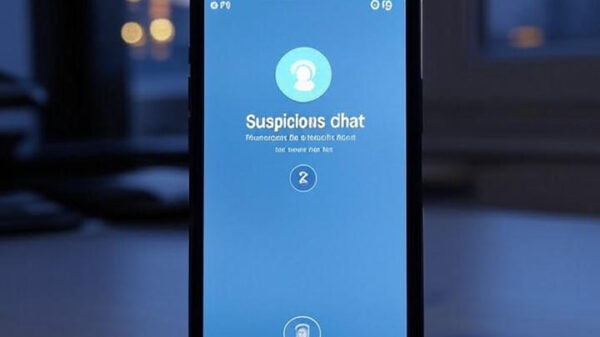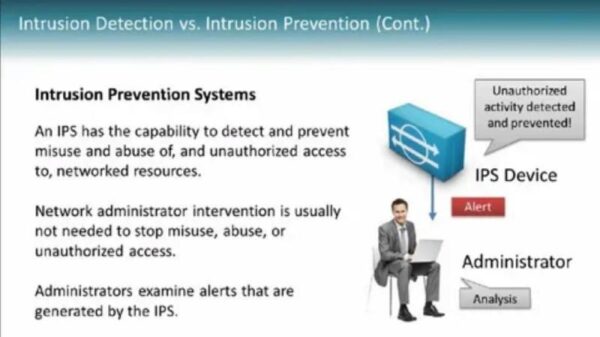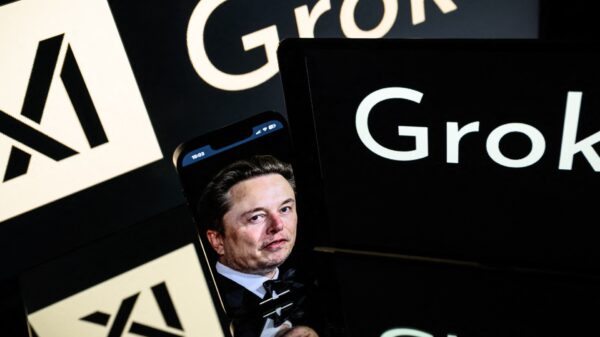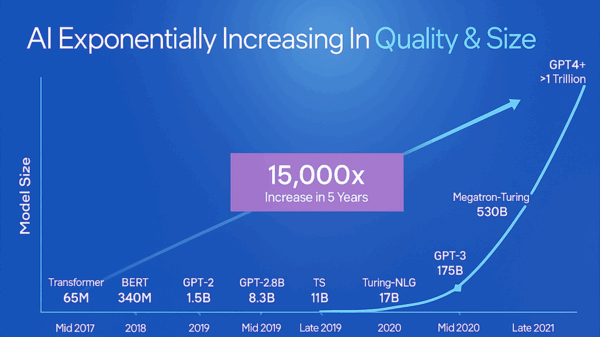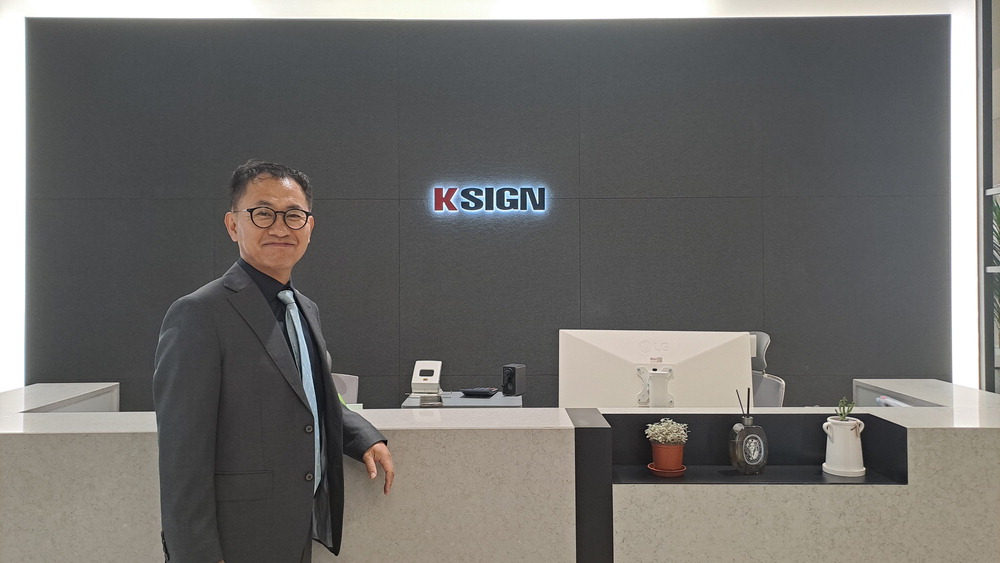In an era where data security is paramount, AIdeep, a subsidiary of K-Sign, has made significant strides in developing a groundbreaking technology termed “deep privacy.” This innovative solution allows for the anonymization of sensitive personal information, enhancing the security of resident registration cards by replacing actual names with pseudonyms and masking resident registration numbers and addresses. The technology is capable of swiftly identifying and obscuring personal details within various documents, even those with low resolution or dark backgrounds.
CEO Koo, who has been at the helm of K-Sign since March last year and is also leading AIdeep, emphasizes the growing responsibility of companies in the information protection industry, especially as hacking methods evolve. In a recent discussion at AIdeep’s headquarters in Gwacheon, Gyeonggi-do, Koo stated, “As hacking technology has developed and the information protection industry has become more important, the sense of responsibility is growing.”
Under Koo’s leadership, AIdeep has successfully developed its deep privacy technology by focusing on the protection of personal data through advanced AI methodologies. The technology employs image scanning techniques to identify and encrypt sensitive information, including names, phone numbers, and addresses. This proactive approach to data encryption is designed to mitigate risks associated with data breaches.
With sales reaching 2.3 billion won last year, AIdeep’s portfolio includes mobile encryption solutions, blockchain security solutions, and biometric authentication systems. K-Sign itself, founded in 1999, specializes in integrated authentication and database encryption solutions and has been publicly traded on KOSDAQ since 2014. AIdeep emerged in 2013, initially offering simple authentication systems that have now advanced to sophisticated encryption techniques.
Koo brings extensive experience to his leadership role, having previously served in key data and security positions at Samsung Electronics and the Korea Internet & Security Agency (KISA). His journey with K-Sign began in 2000, during its formative years, when the concept of public certification was still being developed. K-Sign was instrumental in creating and distributing solutions that enabled public certification for individuals, selling its products to various government entities since 2004.
Recognizing limitations in market growth, K-Sign expanded its offerings with the development of the ‘Secure DB’ solution, which encrypts personal information and has been adopted by all affiliates of the Samsung Group since 2010. This encryption technology has received certification from the National Intelligence Service, highlighting its legal viability for personal data protection. Koo asserted, “If personal information is encrypted, hacking can be prevented, and safer prevention is possible with technology that manages encryption keys separately from encryption data.”
Today, K-Sign’s security services are employed by around 5,000 organizations, including major corporations like Samsung, SK, and LG, as well as various government agencies, hospitals, and financial institutions. The company experienced over a 10% increase in sales last year, totaling 51.8 billion won. Koo’s vision extends beyond current capabilities; he aims to incorporate AI into all solutions offered by the company. “We are currently conducting empirical tests on next-generation authentication technology applying AI and device security based on quantum resistance cryptography technology, and will also work on exports,” he noted.
As AIdeep continues to advance its deep privacy technology, the implications for data protection and security are profound, signaling a crucial step toward safeguarding personal information in an increasingly digital world.
See also DigiKey Integrates AI for Faster Quotes and Supply Chain Resilience Amid Industry Shift
DigiKey Integrates AI for Faster Quotes and Supply Chain Resilience Amid Industry Shift Sundar Pichai Warns AI Models Can Make Mistakes, Urges Caution in Blind Trust
Sundar Pichai Warns AI Models Can Make Mistakes, Urges Caution in Blind Trust Google Launches Gemini 3 with Enhanced Coding, Integrated into Search Engine
Google Launches Gemini 3 with Enhanced Coding, Integrated into Search Engine Nvidia Invests $24B in AI, Sparking Investor Concerns Over Circular Deals
Nvidia Invests $24B in AI, Sparking Investor Concerns Over Circular Deals EU Launches Investigations into Amazon and Microsoft as Potential Cloud Gatekeepers
EU Launches Investigations into Amazon and Microsoft as Potential Cloud Gatekeepers
